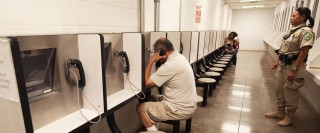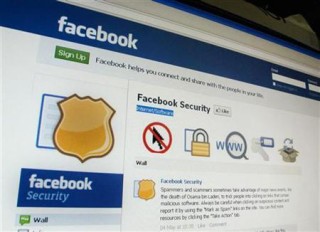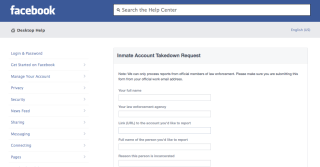10 Reasons Net Neutrality Matters to Progressive Christians
Originally posted January 17, 2014 By Kimberly Knight
 This past fall I accepted a board position on the Media Justice arm of the UCC, OC Inc. Since I care deeply about social justice as part of my duty as a follower of The Way, and since I spend commitment levels of time engaging media of all sorts it seems this is a wonderful fit.
This past fall I accepted a board position on the Media Justice arm of the UCC, OC Inc. Since I care deeply about social justice as part of my duty as a follower of The Way, and since I spend commitment levels of time engaging media of all sorts it seems this is a wonderful fit.
By now most of y ‘all know that a court in Washington DC struck down open Internet rules on Tuesday, also known as Net Neutrality. Is this just a meaningless policy debate? Not on your life! Communication online is one of the most important ways, we as progressive Christians, are called to work faithfully and tirelessly toward realizing a socially just planet (which translates in Jesusy terms as parenting with God to manifest the Kingdom). So I’d like to say a few words about why Christians should give a rat’s ass about this week’s ruling.
Protections that prohibit favoring some content over others were set aside. Which means that service providers such as Comcast and Verizon can choose to allot more bandwidth (a bigger straw) to the content that steps up and pays the most while we are left with our eyes bugging out and veins poppin’ in our heads while we try to listen to everyman’s voice with speeds comparable to sucking on a Zesto’s banana milkshake in January.
Thanks to my friends at OC Inc, most especially the dedicated and talented policy advisor, Cheryl Leanza, I have the following ten reasons why progressive Christians should deeply care about the hit we all took this week when net neutrality was vanquished.
1. So many social justice achievements rely on the spread of information and knowledge. Today’s efforts on climate change, poverty, and gun violence, cannot rely on mass, corporate-controlled media that either ignore or distort the issues. If we hope to see a day when all of creation thrives and swords have been beaten into ploughshares, we need the safety valve, the people’s mic, of an open Internet.
2. The progressive faith community stands for social justice and civil rights. Historically, to protect civil rights, our country has needed rules requiring non-discrimination rules in housing, credit and banking, transportation and scores of other industries. How can these communities tell their own stories if they need to pass by a network gatekeeper? (It was just this imbalance that sparked the media justice work of the UCC 50 years ago).
3. The Internet is supposed to be, and has been most nearly, the great equalizer by making a space for voices that have historically been relegated to the sidelines, like people of color and the LGBT community. As Rashad Robinson of Color of Change said, “Our communities rely on the Internet to speak without a corporate filter, to access information and connect to the world, and to be able to organize and hold public officials and corporations accountable.” The same is true for religious speech.
4. Without protection, we are moving to a day of an Internet for the poor and an Internet for the rich. Much like our deeply striated public school system, what do you think information flow is going to look like for folk on the wrong side of the digital tracks?
5. Policies must protect this world’s most precious resource—its treasure-trove of knowledge and the ability to create and share new ideas. If the ability to create is limited by the ability to pay, we once again relegate the “least of these” to the sidelines of our national conversation.
6. Open Internet will impact churches directly. Remember the advertising line in denomination budgets — when we had to pay to distribute our ads? Go find that money, because we might need it again. What if Darkwood Brew had to pay exorbitant fees for its content to compete with Netflix or NBC. Think it couldn’t happen? Check out the recent decision by AT&T to charge to distribute content.
7. All Internet fundraising could be as vulnerable as text messaging fundraising is now. Did y’all know that Catholic Charities had their text fundraising campaign stymied by Sprint? Internet speech could be subject to the same thing.
8. In this new paradigm, the Internet is destined to become centralized like cable and broadcast TV. Content could be rejected by network owners. The UCC knows first-hand what it is like when big media companies decide our content is “too controversial.” In 2004, the UCC’s ads welcoming the LGBT community were rejected by CBS and NBC affiliates. Could we have to pay extra for our videos to reach their audiences without stopping to buffer on the Internet?
9. Did ya know that downloads of the Bible were blocked because Comcast thought the file was too big in violation of net neutrality…
10. We as compassionate livin’, justice seekin’, radically inclusive Christians can be, should be, role models for the whole world groaning toward justice. As the World Summit on the Information Society found in its 2005 Tunisia Commitment, “access to information and sharing and creation of knowledge contributes significantly to strengthening economic, social and cultural development, thus helping all countries to reach the internationally agreed development goals and objectives, including the Millennium Development Goals.” We cannot condone a system that conditions a critical right on the ability to pay.



